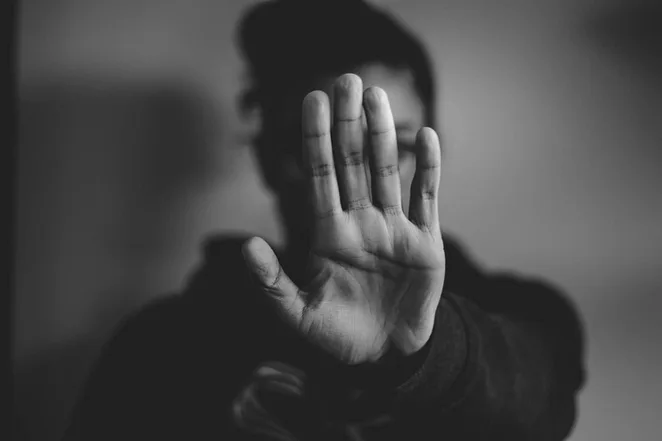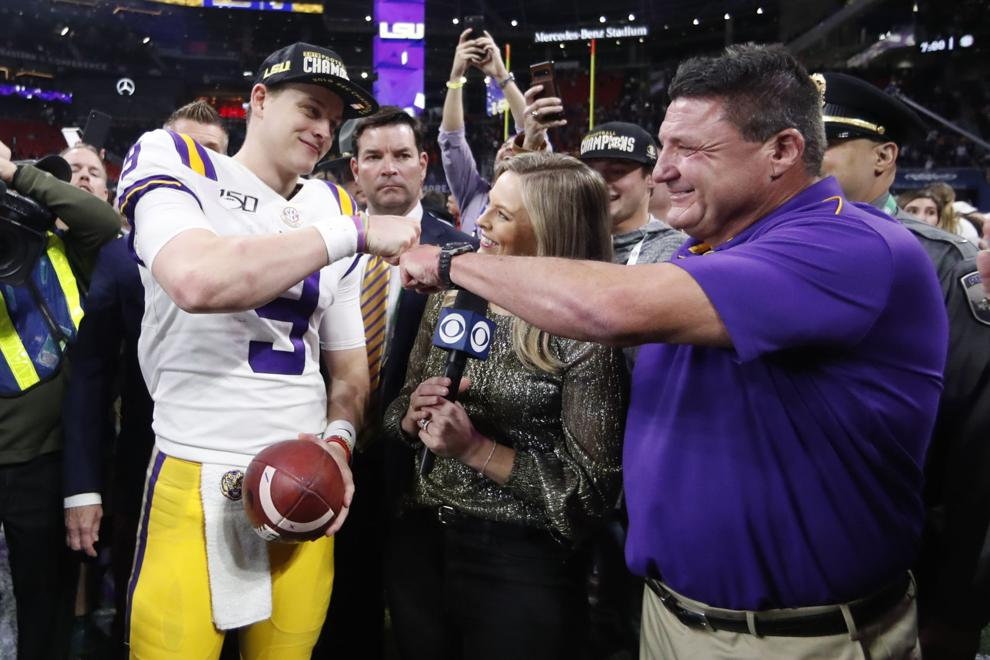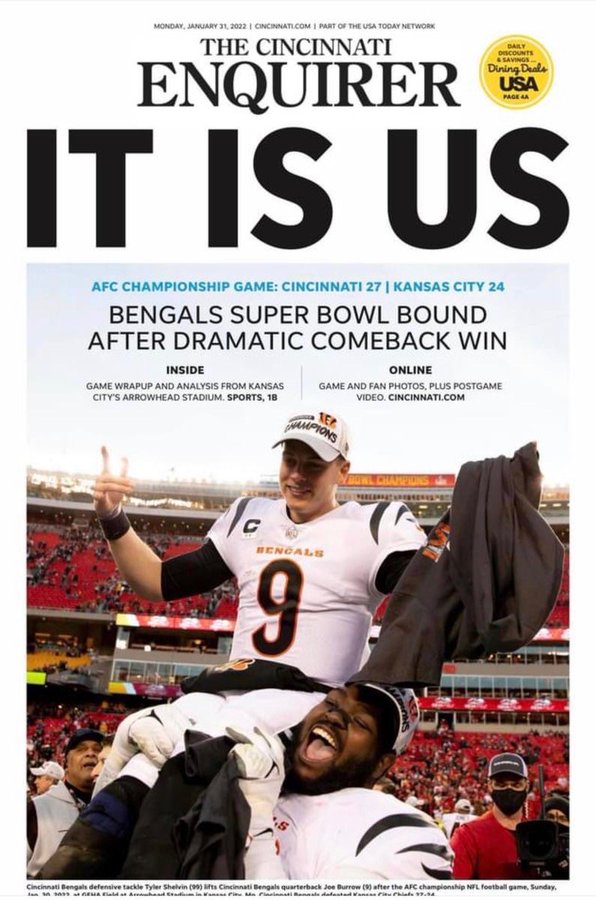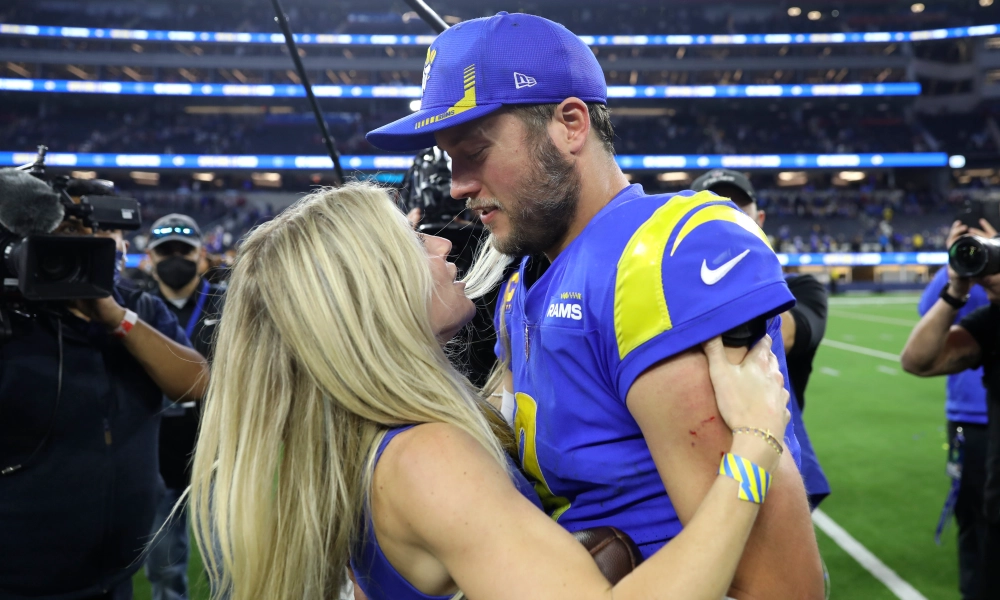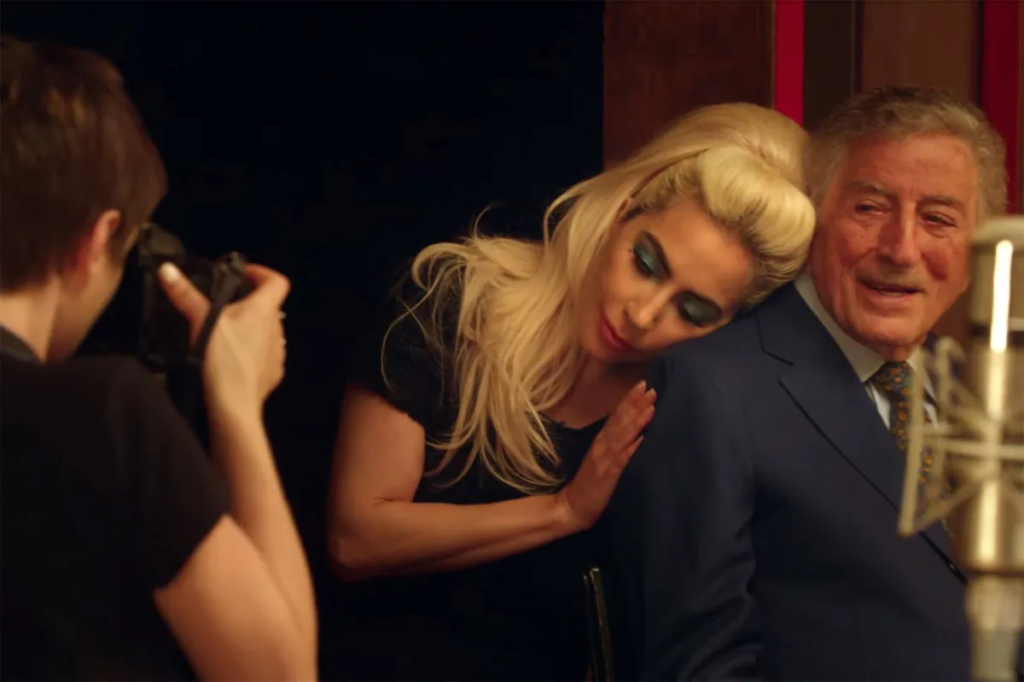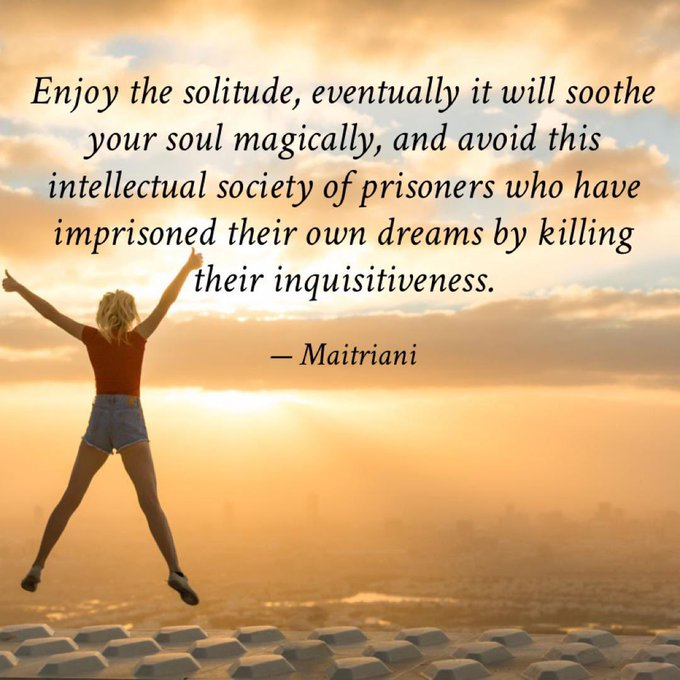
Age of Aquarius – The 5th Dimension (lyrics) H.D.
Archangel Michael through Celia Fenn, posted on 10 January 2021
The Closing Piscean Age – Bing video
Mary Magdalene, Venus and the Closing Piscean Age – Bing video
Vlog 20 – THE AVATARS OF THE PISCEAN AGE – JESUS AND MARY MAGDALENE – YouTube
So, Beloved Ones, we have arrived in your year of 2021 of the Earth Story.
This is a momentous year for you as peoples of Earth, as you initiate the Golden Age
of Aquarius and begin to feel the returning energies of the Feminine Christ/Sophia consciousness.
The year 2021 is a Bridge out of the old consciousness and into the new. As you put your feet on the bridge to cross over you are still surrounded by the echoes and energies of the past year. So, you will still need to process and release the events and energies of 2020 to some extent. January will be an especially eventful month, with a strong energy of disruption and chaos.
By mid-year, you will have reached the middle of the Bridge, and by then you will be ready to begin approaching the end of the bridge and entering the New Reality. By the time of Lions Gate in August, you will begin to perceive the “shape” of your new lives in the New Earth in the Age of Aquarius.
So, you will find that in 2021 you will need to be patient and to trust your inner guidance. You will feel in your Heart and Soul what is true for you.
You will not find your way in the stories and dramas of 2021…and there will be many to choose from! Rather, Beloved Ones, the way forward will be found within your own Heart, in your own Inner Peace, Tranquility and Creativity. Remember that your purpose on Earth is to create the New Earth and do not let yourself be distracted by other agendas. Know who you are, and why you are here!
The Age of Aquarius: The New 2000-year cycle of the Grand Cycle of 26 000 Years
Beloved, there is a “Grand Cycle” of the Earth’s Journey through Time and Space that is called the “Precession of the Equinoxes” and it is an approximately 26,000-year cycle.
The Equinoxes are two “marker” days when the day and the night are of equal length on Earth. Every year, at the Spring Equinox, the Sun rises into a specific constellation of the astrological zodiac, the name given to the band of constellations that describe the Earth’s cyclical and circular journey in Time/Space. Currently, the Spring Equinox sun rises into Pisces, but you are now completing that cycle and moving into the Aquarius cycle.
Precession runs “backwards” around the zodiac, so that the cycle before the current
Age of Pisces was the Age of Aries, and the one to follow will be the Age of Aquarius.
So, the Age of Pisces began roughly 2000 years ago.
Its Avatars or Guiding Energies were Yeshua (Jesus) and Mary Magdalene, who came
to the Earth as Teachers of the Sacred Union of the Sacred Heart. Their Mission was to prepare Humanity for the next cycle, the Age of Aquarius which was to be a Golden Age of Peace and Harmony that would embody the “Christ Consciousness” within the Greater Cycle.
The purpose of this “Grand Cycle” is to anchor the Light Codes of the Divine Creative Intelligence on the Earth, as within the Galaxy. The Grand Cycle began when the Spring Equinox Sun was in Leo, which was called “Zep Tepi” or the “First Time” or the Beginning, by the Ancient Egyptians who learnt their Star Wisdom from the Sirian Star Teachers.
It’s the reason why the Sphinx at Giza gazes into what would have been the constellation of Leo at the “Zep Tepi”, when the Royal Lions initiated the cycle of Creation together with the Elohim. So now, Beloved Masters, you are halfway across the Bridge of the Equinoxes too, your faces towards the new Age of Aquarius that is coming!
The Avatars of the Aquarian Age: Yeshua (Jesus) and Mary Magdalene
At the beginning of the Age of Pisces, the Elohim sent two Avatars or Ascended Masters to anchor the energies that would take Humanity from the violence of the Age of Aries into the more spiritual Age of Pisces. Pisces, which is ruled by Neptune, is energized by high spiritual ideals, and Yeshua and Mary Magdalene were to embody these ideals that would be needed for the Shift of the Ages when the Age of Pisces would become the Age of Aquarius.
Unfortunately, the shadow side of Neptunian energy is manipulation and lying, and so
the true story of Yeshua and Mary was hidden and distorted in the manipulation of those, in several dimensions, who sought to control the Earth and its path.
Yeshua and Mary came to Earth as Divine Twin Avatars, to hold the essence of the evolving Divine Masculine and Divine Feminine, both within themselves and as a Divine partnership. When Yeshua left the Earth, Mary went to France, and continued with her mission of grounding the “pure” Divine Energy and preparing for the Age of Aquarius that would come. Humanity needed to be prepared.
Unfortunately, the energy of manipulation and control took over the first seeds planted in the Middle East, and the “Christian” church began to suppress and control people through fear.
The true line continued in Europe through the teachings of Mary Magdalene, the “Lady”, who established that the true “Christ Consciousness” was Love, Compassion, Kindness
and Freedom, practiced in loving and supportive communities of high frequency Master Beings, the “Pure Ones” or “Cathars”.
However, the followers of the Lady were wiped out by the Roman Church in the Albigensian Crusade of the 12th Century, and the true Avatar teachings were lost or suppressed. But, Beloveds, not forever! There was a beautiful prophecy given that
at this time, right now, the “Pure Ones” would return, to lead Earth into the Golden
Age and to recover the teachings of the Feminine Christ Consciousness.
The Wisdom of the Feminine Christ/Sophia
So, you may ask, what is it that needs to return that was lost to us?
What is the Feminine Christ/Sophia?
Beloved, this is the deep and loving energy of non-judgment and compassion.
Both for others, and for yourself. As Yeshua said to his followers, as he drew on his Feminine Christ wisdom: “You must love your Neighbour as yourself.” This means you must first love yourself and know how to love yourself, before you can love others.
But, as you look deeper, you find the teachings of the Lady, Mary Magdalene, written within your Sacred Heart. This is the place of Balance, Harmony, Beauty, Serenity and Peace. It is the soaring heights of the Galactic Journey and the deep depths of the Inner Realms. Beloveds, as you align with her wisdom, you will both soar high and dive deep.
One of the titles given to the Divine Feminine Avatars is “Stella Maris” or “Star of the Sea” (Ste Marie). The Stella Maris is the Bright Star that guides you on your journey through the Cosmic Ocean. Follow the Inner Cosmic Light, the Inner Divine Feminine, to navigate your journey through Time and Space. “She”, the Stella Maris, the Guiding Light, lives within each one of you and seeks to be awakened NOW!
Blessings and Love to All.
If you would like to learn more about the Aquarius Gate and these incoming energies, please join us for our online webinar series ” The Age of Aquarius webinars.
You will join together with our Diamond Light Community for information, support
and activations with Celia Fenn and Archangel Michael and other Beings of light.
2/2 The Age of Aquarius Webinars | Starchild Global with Celia Fenn
The Coming Age of Aquarius and the Rising Feminine Christ Consciousness | Starchild Global with Celia Fenn
Venus, Mary Magdalene, and the Re-emerging Sacred Feminine – Astro Dienst
Heavenly Venus: Mary Magdalene In Renaissance Noli Me Tangere Images pdf, (usf.edu)
Mary Magdalene and Venus – Bing video

FROM FEAR TO FREEDOM – VENUS AS THE GOLDEN KEY TO THE AGE OF AQUARIUS Jan 02, 2022
“The only real prison is fear, and the only real freedom is freedom from fear. “
~ Aung San Suu Kyi
Calum Scott, Leona Lewis – You Are the Reason (Duet Version)
The promise of the Age of Aquarius is for humans of heart to re-dream the world
through realizing our inherent power, genius, and sovereignty. We have the ability to create a culture based on care, interconnection and reverence for nature while protecting our most vulnerable members. All of these qualities connect to Venus.
We are now creating the template for our human experience for the next 2100 years.
When we hold the future generations in our hearts, what kind of world do we want to create? Venus teaches that when we embody love, we can dream of a positive future beyond our imagination.
To align with the high vibe version of the Age of Aquarius, a transformation of the dominator consciousness is required. We are rewriting the ancient stories of what it means to be a human being living on this planet. The courage of our hearts can light the way.
Dominator consciousness works through creating fear and lack and preying upon us
most fundamental need for connection, nurturing relationships, and a sense of belonging (all Venus themes.) In 2022, more of the collective will assist in transmuting these patterns.
Do you remember last December Solstice when we crossed an energetic bridge deeper?
into the Age of Aquarius with the Great Conjunction of Jupiter and Saturn at 0 Aquarius?
These two “social” planets come together every twenty years and represent knowing
our life purpose and bringing our gifts to the world, including financial success.
We have completed the first year of discovering our unique offering for this new age.
Women bringing their gifts to the world and men attuning to their feeling nature
are a huge aspect of healing from a culture that devalues the feminine principle.
The heroine’s journey of Venus supports us in this quest to know and
live from our sacred purpose. A new journey is imminent.
This December Solstice we celebrated amidst the intensity of the last ripples of a solar eclipse, the tension of the build-up of the final Saturn-Uranus square on December 23rd, and the intensity of Venus meeting up with Pluto, the Great Transformer on the 25th.
The purification of fear and control is still amped up to prepare us to embody more of our power in 2022.
Today, the Moon meets the Sun in Capricorn for our first New Moon. Tomorrow, on January 3rd, Venus meets the Moon in Capricorn for our first New Venus Portal of 2022.
This is their last visible meeting in the Evening Sky.
We are in the final days of Venus as Evening Star and, if you are lucky, you may be able to catch the celestial bodies representing the lunar and solar feminine in the west at sunset tonight or tomorrow.
Venus will unite with the Sun in Capricorn on January 8th, invisible to us, and plant the seeds of our next 19-month cycle of heart initiation. Her cycle guides us through another heroine’s journey to quest for more aliveness, truth and power. This entire cycle will be infused with the energy of Capricorn and themes of feminine empowerment.
The sign of Capricorn and the planet Saturn have come to represent the shadow aspects
of scarcity, fear and control and the dynamic of “power over” that rules through the use of force.
Capricorn is initiating, feminine earth energy of social responsibility and leadership,
so it’s quite a reversal that this sign is associated with patriarchy.
The energy of Venus in Capricorn will seed the next 19-months and inspire us to remember the positive manifestation of Capricorn consciousness.
We will all be called into greater maturity and to live from our deeper, embodied wisdom, as opposed to dissociating into virtual reality.
It’s time to take full responsibility for our lives and the ways we are still feeding the dominator culture and the dying paradigm. It’s time to remember the art of conservation that our ancestors knew and to become more self-sufficient locally in connection with our chosen community.
How we navigate the heightened fear that accompanies this level of change matters
more than ever. When we anchor in our heart wisdom, we find the strength to move
through these times powerfully.
FROM JESUS TO SAINT GERMAIN (pathwaytoascension.com)
Hieros Gamos: Universal Theology for the Age of Aquarius.
the age of Aquarius 5th dimension – Search (bing.com)
the age of Aquarius in the bible – Search (bing.com)
the age of Aquarius in bible prophecy – Bing video
Mary Magdalene ~ The Journey of the Sacred Priestess
Written by Jackie S
For as long as I can remember I have always connected and resonated with Mary Magdalene.
My mother has a huge bible with beautiful gold encrusted pictures of many of the biblical characters. I sat for hours and read and gazed at the beautiful pictures depicted of each saint. My connection to Jesus was a very strong one as well and would prove even stronger as I had my adult spiritual encounter at 20 with invoking the name of Jesus.
I am not surprised that both Jesus and Mary Magdalene served as my direct representation of the Divine Masculine and Divine Feminine and have proved to be my strongest guides in this lifetime…. But this blog is not about Jesus ~ It is about the mysterious life of Mary of Magdalene and how she has unfolded to me in a very personal way.
To really understand who Mary is… I ask you to open your mind and allow information to flow to you. I understand that many of you who will read this have preconceived notions and also family of origin teachings and also religious teachings handed down to you which you hang on to. It is quite alright if you do…
I have had to do a lot of sitting with information that I was taught and become open and ask myself…. Is this a belief I was taught and does this resonate with me? I have come to many a new understanding and belief in allowing myself to be open and see what resonates with me and sits well within my being.
With this being said. I have come to understand that I am part of the lineage of Mary Magdalene. Mary Magdalene was Mary of Magdala (her hometown, a village on the shore of the Sea of Galilee)
She is also confused and lumped into several of the biblical stories of Mary, such as Mary the sister of Martha and the brother of Lazarus. I don’t believe that all of these so-called biblical “Marys” all speak of Mary Magdalene. We must understand biblical text and its secret symbolic meanings and not in literal sense, with this being said let us journey forward.
Let us explore Goddess Worship and the understanding of the Goddess during these times.
The Divine Mother and her Consort/Savior Son is a strong theme in World Goddess Myth, making Virgin Mary/Mary Magdalene a likely composite. The title of Virgin was often bestowed upon sexually active Goddesses. Sacred Temple Priestesses were often called Virgins.
In addition, children of The Sacred Marriage, a ritual union of a temple priestess and a king willing to die for his people, were often called “virgin born” or “divine children,” just as Christ was, it is also possible that Mother Mary was dedicated to a Goddess temple when she was a child.
Perhaps Mother Mary was a temple priestess, thus making Jesus (or Yeshua) a divine child. There is even stronger evidence that Mary Magdalene was a temple priestess, so perhaps this is the true connection between Mother Mary and Mary Magdalene. This divine marriage rite practiced was called the Hieros Gamos and as you can see here it is representative of the alchemic elements and signifies the Star of David.

Four pieces of Gospel evidence strongly point to Mary Magdalene as a temple
priestess of the Goddess. The first is her title “Magdalene,” almost identical to
“Magdala,” noted earlier to be the name of the triple-towered temple of the
Goddess Mari-Anna-Ishtar.
Literally, “Mary of the Magdala” signifies “Mary of the Goddess Temple.”
Christian tradition has said that Mary is of the town “Magdala” or “Migdal,” which was known as “The Village of Doves,” a place where sacred doves were bred for the Goddess temple. In either case, two threads of strong symbolism link the name Magdalene to contemporary Goddess worship.
Yesterday I facilitated a Goddess Rite of Passage celebrating our womb opening and our Moon. It is a sacred ceremony allowing us to see that we are connected to Cosmic Creation and of course Mother Earth. We learned that our creation power and menstrual flow have powerful and medicinal medicine and healing power. We took vows in this sacred work to honor and heal the earth and to celebrate and honor our bodies and celebrate our empowerment as Divine Goddess and to empower other Goddesses and teach them and also to assist in the healing of the Divine Masculine and help them to fill their role as protectors and guardians of the womb and the goddess. This is the work of the Divine Priestess ~ Such as the work of Mary Magdalene. I am so honored and blessed to be a Priestess and a teacher and a keeper of the Holy Grail and the sacred teachings of the Goddess. This is the work of a Holy Priestess. The Divine work of Mary Magdalene.
The Divine work of the Goddess.
As we exited the age of Pisces, which was the age of the unhealthy male, The age of unhealthy Patriarchal rule. We now entered into the age of Aquarius, which is represented by the woman holding the cisterns of water. This is the age of washing… washing away the unhealthy and bringing new water and cleansing to the unhealthy energies to bring balance.
It is the age of the Goddess, a time for The Matriarchal. It is a time for us to bring back
the age of balance. Women restore and create so it is no wonder why this time has come. The time has come not for women to hurt and dominate and discourage men… The time has come for women to love and empower and encourage men to make the journey for balance. The men and women come together in balance. A balance of the Masculine and Feminine Divine within. What an exciting time to be living!

Mary Magdalene is a Divine Master, pertaining to the Priestess initiations into
the sacred teachings of the Goddess. Her diverse heritage and true spiritual purpose is what makes Mary Magdalene so unique.
A temple priestess who bestowed the power of the Goddess on those she initiated,
Mary was also an apostle and consort of Jesus, and the Judean mission in the heart of the land where the Jerusalem Temple lay. It was through Mary’s role as temple priestess that the most secret and sacred teachings of the Goddess were finally grasped.
Mary Magdalene works with the grid changes of the Earth that support our etheric reconnection to Lemuria and Atlantis. In doing this she supports the Earth and the
rapid ascension process of our corresponding body and consciousness back into the
5th dimension.
Her other main endeavor is to support the healing process currently occurring the East, specifically working to ease the pain arising from conflict issues within and between the Middle East and the West. In this unique template, the following symbols provide significant information in fully understanding the role of Mary Magdalene:
The Crystal Skull – holds the sacred key to the mysteries of St John and the Lemurian teachings of alchemy and etheric healing.
The Cave – symbolism going into the Earth or womb of the Goddess, as well as retreating into oneself, seeking a place of introversion.
The Candle – represents Mary Magdalene as holding the Light for others. The darkness
of her skin – reflects her ethnic and spiritual background as well as personification of the Black Madonna.
The Snake and Chalice – represent the sacred practices and teachings of the kundalini
and also its alchemical healing and enlightenment powers, bestowed within the body and consciousness to enable one to evolve, awaken, ascend and embody the cosmic or celestial Lightbody system, the Christ Body.
The Master Symbol – located on Mary Magdalene’s 3rd eye consists of the ancient cross, the crescent moon and the cosmic symbol of Venus. These symbols represent a sacred lineage of priestess teachings that bestow the Goddess powers of the Feminine Principles into the consciousness of one’s faith. It symbolizes the ‘way’ of the Magdalene.

Sacred Symbol of Activation of the sacred lineage.
I hope you enjoyed your time here reading and celebrating this sacred time of clarity
and understanding. If this information resonates with you perhaps you would love to
come and be a part of our Goddess Community and take part in some of our Goddess Workshops. I look forward to connecting with you ❤
Abundant Blessings ❤ ❤ ❤
Mary Magdalene ~ The Journey Of The Sacred Priestess | Passage Into Power
Venus, Mary Magdalene, and the Re-emerging Sacred Feminine – Astrodienst
Mary Magdalene | Gnostic Muse
Mary Magdalene – Wikipedia


